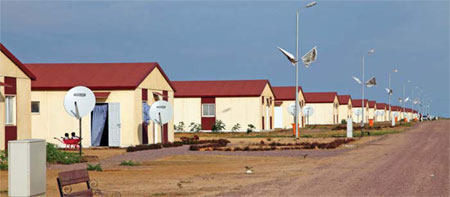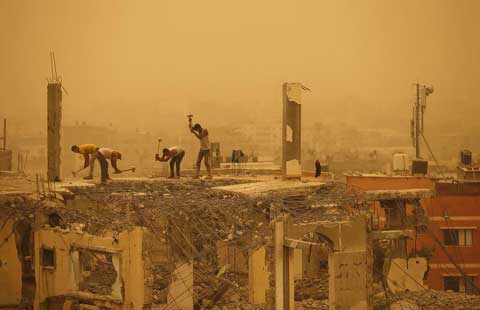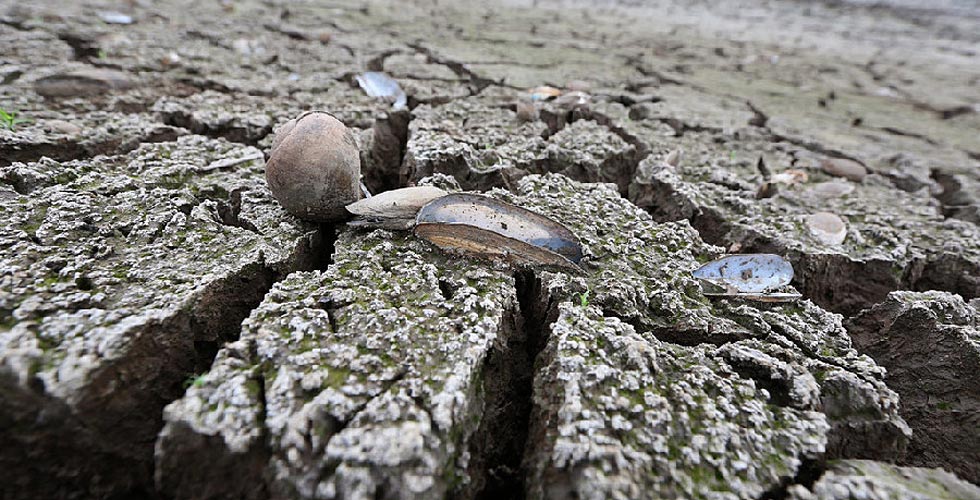Special economic zones set up
Updated: 2012-06-29 08:07
(China Daily)
|
|||||||||||
|
Social initiatives include the building of new one-level homes in major cities. |
Recent figures have shown that Congo's exports to China increased by 380.6 percent in the first decade of this century, demonstrating the importance of Congo's vast reserves of raw materials to the Asian powerhouse.
In turn, Congo imports rice, tobacco, cement and construction materials from China. Now, it is looking to attract Chinese businesses who can exploit its strategic location at the heart of Central Africa to set up bases within the country, and export from there to other parts of Africa.
In its bid to improve trade and investment within the region and industrialize the country, the government set up a Ministry of Special Economic Zones in 2009.
The ministry was tasked with identifying and selecting potential sites, promoting and supporting SEZ activities, defining the main legislative needs, coordinating with other ministries in regards to planning and regulation, and contributing to the SEZ's development.
Attracting foreign investors, especially those from China who are experienced in implementing SEZs, and advising them of the many opportunities has been a major part of the ministry's remit.
In four years, land has been bought for one special economic zone at Pointe Noire, and feasibility studies are under way to identify sites for three more by the end of this year, at Brazzaville, Oyo-Ollombo, situated 400 kilometers north of Brazzaville and Ouesso in the north west.
In December 2011, the Minister of the SEZ, Alain Akouala Atipault, said: "We are at a turning point in the creation of these zones: the international experts are coming to start the feasibility studies.
"We will have the results within six months and then we will know what can be done to structure our economy and industrialize the country.
"By 2016, the feasibility studies will be over, the local populations will be relocated in order to free up the areas, the four zones will be fully equipped in terms of infrastructure, all the legal texts will be elaborated and adopted, we will have increased awareness toward small and medium-sized enterprises to help them develop their businesses and will gather and compile data for each SEZ."
The project is expected to cost around $6 billion per year. There is an overall shortfall of $6,6 million, which the government is looking to find.
The project will require technology, mapping, SEZ equipment and the construction of access roads, and there is already interest from an Indian company.
A triangular agreement has been signed between Congo, Mauritius and Singapore.
International expertise has been sought from China, ONUDIs delegation and the World Bank delegation.
The World Bank, which is working with the government to improve the efficiency of public spending, allocated $10 million to this worthwhile project in February last year.
Eustache Ouayoro, World Bank country director for DR Congo, Brazzaville and Kinshasa, said:
"Congo has invested a lot of money in its infrastructures. Its investments must be beneficial and give better results.
"We acknowledge the important progress that's been made in the transport and energy sectors. Investments must continue in this direction and should be more productive.
"We have to make sure resources are sufficient to ensure the maintenance of these infrastructure."
InFocus provided the story
(China Daily 06/29/2012 page7)
Hot Topics
China has welcomed the adoption of a UN Security Council resolution on Syria, saying it reflected the unity of the council.
Editor's Picks
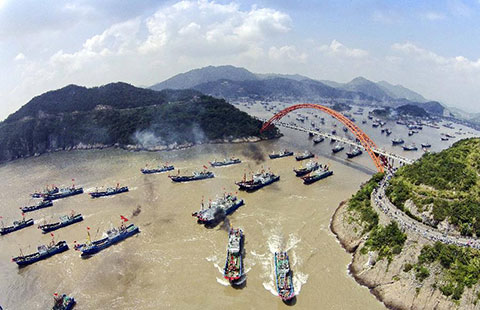
|

|
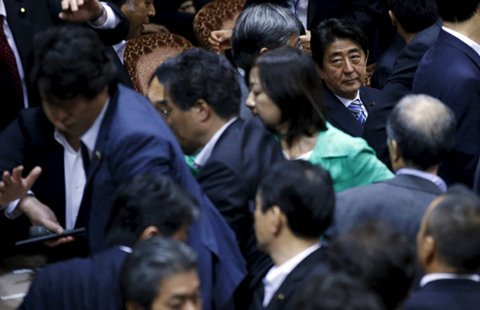
|

|

|

|
